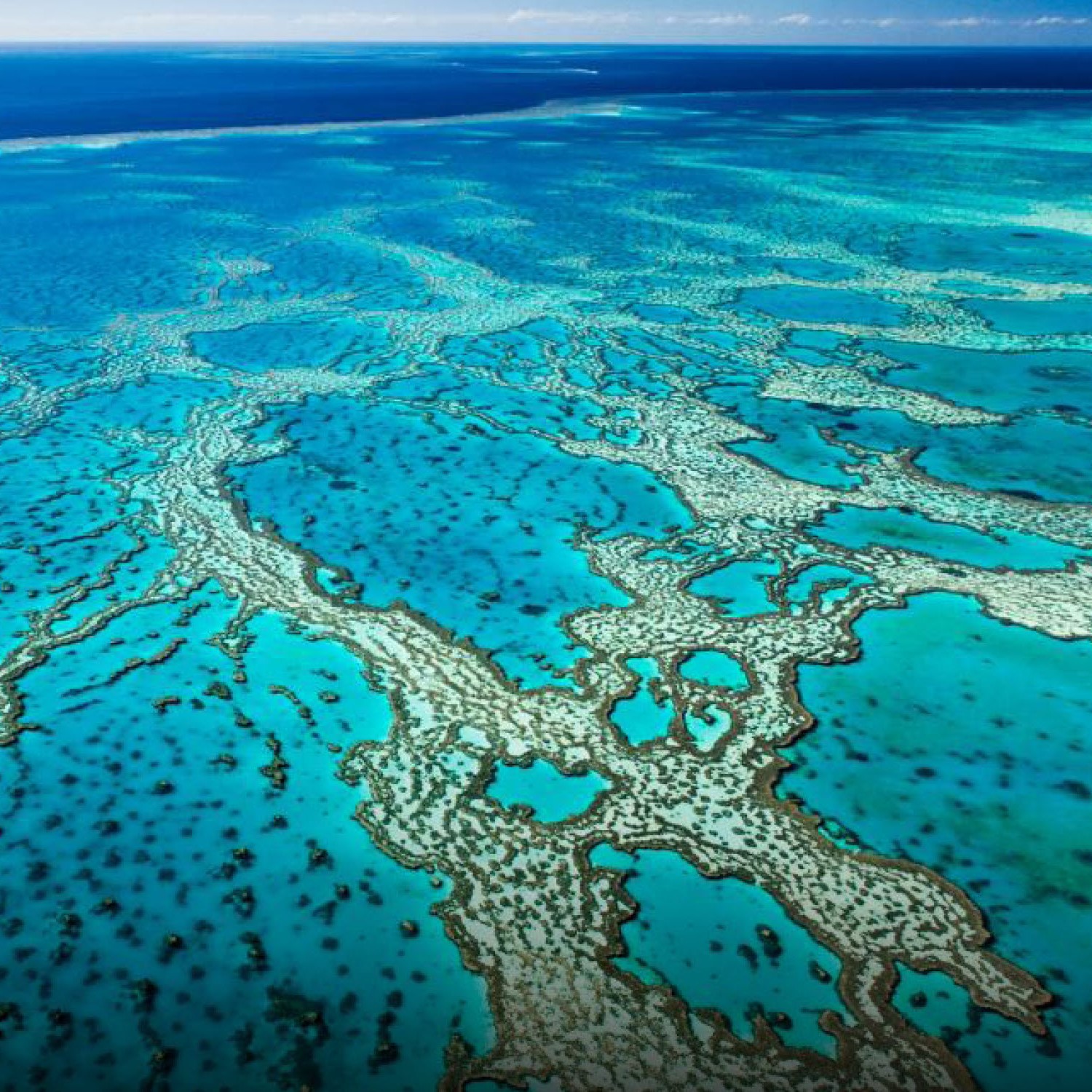
It is a joy to introduce to you Dr. Laurent Bopp, the recipient of the 2016 American Geophysical Union (AGU) Ocean Sciences Voyager Award. Laurent is an ocean scientist whose curiosity, drive, and wide-ranging interests have led to a diverse range of well-cited publications, e.g., with Laurent being named one of Thompson-Reuters Most Highly Cited researchers in 2015. A prominent modeler of the Earth system, Laurent has published extensively on the carbon cycle, marine productivity, iron, nitrous oxide, deoxygenation, ocean acidification, and associated feedbacks on climate. He has provided first answers to key questions, e.g., how will multiple global stressors affect ocean productivity, fisheries, and ocean carbon and oxygen.
But research is just part of his story. Motivated to teach from a young age, as an undergraduate he attended the school renowned for producing the best French university professors, the Ecole Normale Superior. On the side, he acquired the French certificate to become a university professor, doing so before entering graduate school, a rare feat. Later, with his doctorate in hand, Laurent jumped immediately into teaching in parallel to his research. He currently teaches marine biogeochemistry and climate science to graduate students at three French universities, while at three others, he gives preparatory courses for future professors. And Laurent’s students love him. Laurent’s dozens of graduate students and postdocs have been attracted to his research mostly through his excellence in teaching. And his teaching goes well beyond the university. Besides writing many pieces for the wider public in books and popular science magazines, Laurent has authored two books on the ocean, both for children.
Only in mid-career, Laurent Bopp is a highly influential ocean biogeochemist, research leader, and educator. Let us join in congratulating him as the recipient of the Voyager award.
—James Orr, Laboratoire des Sciences du Climat de l’Environnement, France

This contribution to the RECCAP2 (REgional Carbon Cycle Assessment and Processes) assessment analyzes the processes that determine the global ocean...





